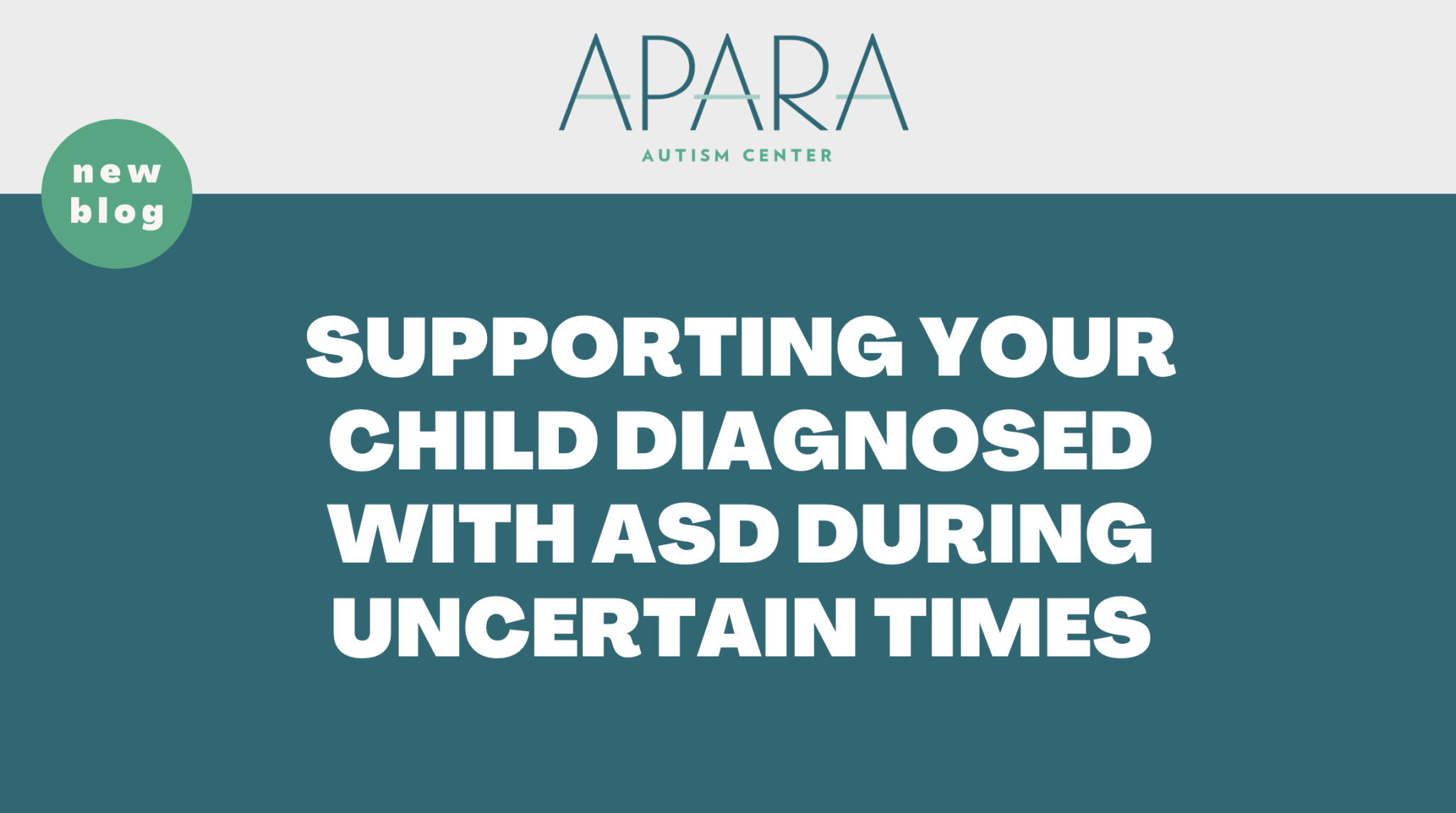Autism and Routine Changes, from Canceled Plans to Pandemics
The COVID-19 pandemic brought about an unprecedented level of change in our daily lives, impacting everyone in various ways. For most people, this meant adapting to a new normal where routines were disrupted and restructured. This sudden shift in day-to-day life, though challenging for many, was especially difficult for children with Autism Spectrum Disorder (ASD). Consistency and predictability are often key to their well-being and development, with the intersection of Autism and routine changes often proving to be difficult for all involved. The pandemic not only altered their routines but also introduced a host of new, often confusing, social rules and environments. As families navigated through lockdowns and social distancing, children with ASD faced unique challenges in adapting to these rapid changes. The significance of understanding and supporting these children during such times cannot be overstated.
A pandemic occurring within our lifetime is not an event that anyone could have predicted. Abruptly, people were compelled to reevaluate the way they approached their health and safety. Quarantines were enforced, new habits were formed, and in many cases, school, work, and home life were rolled into one. These uncertain times can be extremely taxing on anyone, especially for children with Autism.
With an upheaval of their routines, new social rules, and more time at home, children diagnosed with ASD were saddled with the difficulty of adapting to these changes all at once. This is why now more than ever is the time to provide support to children and help them be better prepared for uncertainty brought on by sudden changes in lifestyle.
7 In-Home ABA Therapy Approaches to Helping Your Child with Autism in Change of Routine
These uncertain times may be confusing for children with Autism. Disruptions in your child’s comforting routines and rituals can be tough, but there are methods to support these changes and make them easier on your child. Here are seven ABA therapy approaches recommended to combat uncertainty.
-
Create an understanding
You can help your child adapt to lifestyle changes by applying in-home ABA therapy resources such as visual supports, videos, social narratives, and timer apps. These tools help children learn new social rules, proper handwashing etiquette, and mark the passage of time.
-
Engage expression
To understand your child’s emotional state, engage in expression. This allows you to uplift, understand, and bond with them. Activities such as videography, art & crafts, journaling, and dancing can help them open up and have fun.
-
Promote mindfulness
Stress levels tend to high when circumstances change too suddenly. Promoting mindfulness is a great way to support your child with calming coping mechanisms. Activities that may help can be yoga, meditation, breathing exercises, and listening to calming music or sounds.
-
Uphold Routines
Try to maintain a routine. Dealing with uncertainty can be hard, but utilizing tools such as visual schedules, sleep & wake apps, and task lists of daily activities can make it easier.
-
Establish new routines
New routines may need to be implemented with more time being spent at home. To alleviate the stress of a new schedule, try to limit screen time, use timer apps, offer choices, and create a space for work separate from play.
-
Nurture relationships
Social support is necessary during an uncertain time. To nurture relationships at a distance, you can use video chat apps, play games online, and use watch parties to help with your child’s social needs.
-
Observe behavioral changes
Children with Autism may find it difficult to express their emotions verbally. To provide the best support for your child, always be aware of their behavior and observant of any changes, as this may indicate anxiety or depression. You may notice changes in their sleep patterns, appetite, agitation levels, and a lack of self-care. If you notice any changes in your child’s behavior, ABA therapy centers may recommend contacting medical professionals to evaluate the situation further.
About the Authors
Apara Autism Center is a leading provider of in home ABA therapy in Texas. We understand the difficulty of dealing with uncertainty and are prepared to assist you with their collaborative developmental therapy support. If you’re looking for ABA therapy near you, we have centers in Dallas, Richardson, Carrollton, and Lewisville. Apara Autism Center employs a team of Board Certified Behavior Analysts (BCBAs) and Registered Behavior Technicians (RBT) that can assist you with resources to help comfort your child during stressful times. If you need more information, don’t hesitate to call (844) 272-7223 or contact us with your questions and concerns.





